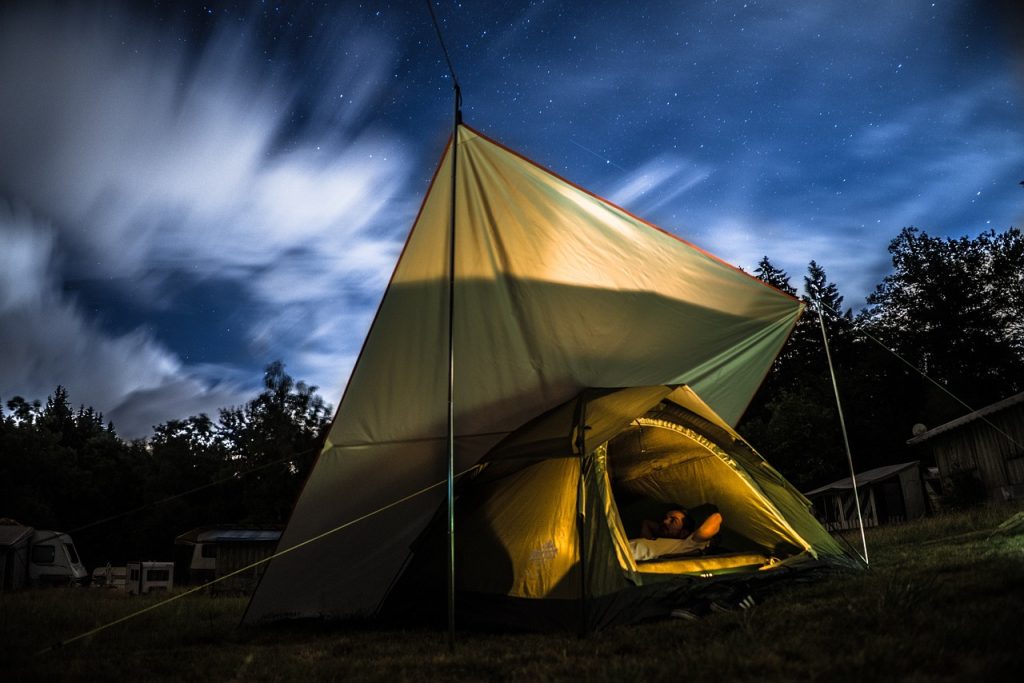
One of the primary benefits of solo camping is the opportunity to build self-reliance. When you’re camping alone, you’re responsible for everything — setting up the tent, making meals, ensuring safety, and troubleshooting issues as they arise.
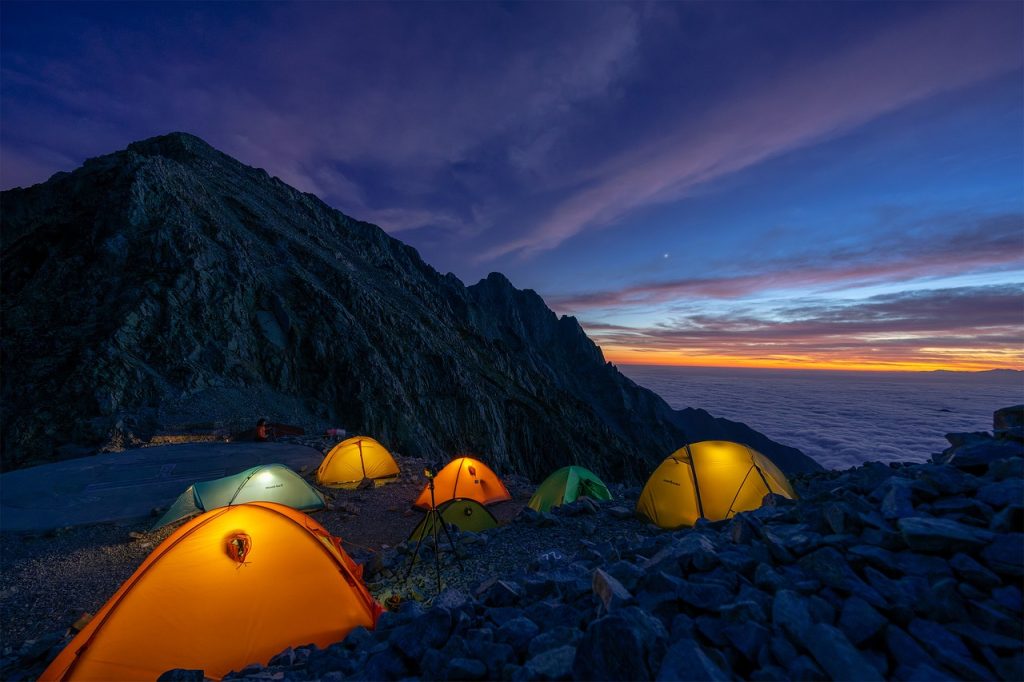
The peace and solitude of nature offer an ideal setting for mental clarity and self-reflection. Without the distractions of daily life and technology, your mind can wander freely, helping you process your thoughts and emotions.
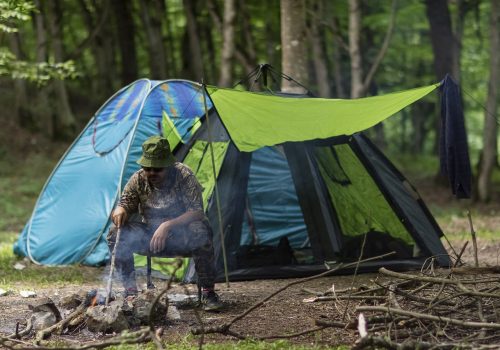
Camping alone allows you to engage more deeply with nature. With no one to talk to, your senses become more attuned to the sounds, smells, and sights around you. You begin to notice the subtle nuances of the environment, from the rustle of leaves to the soft hum of insects.
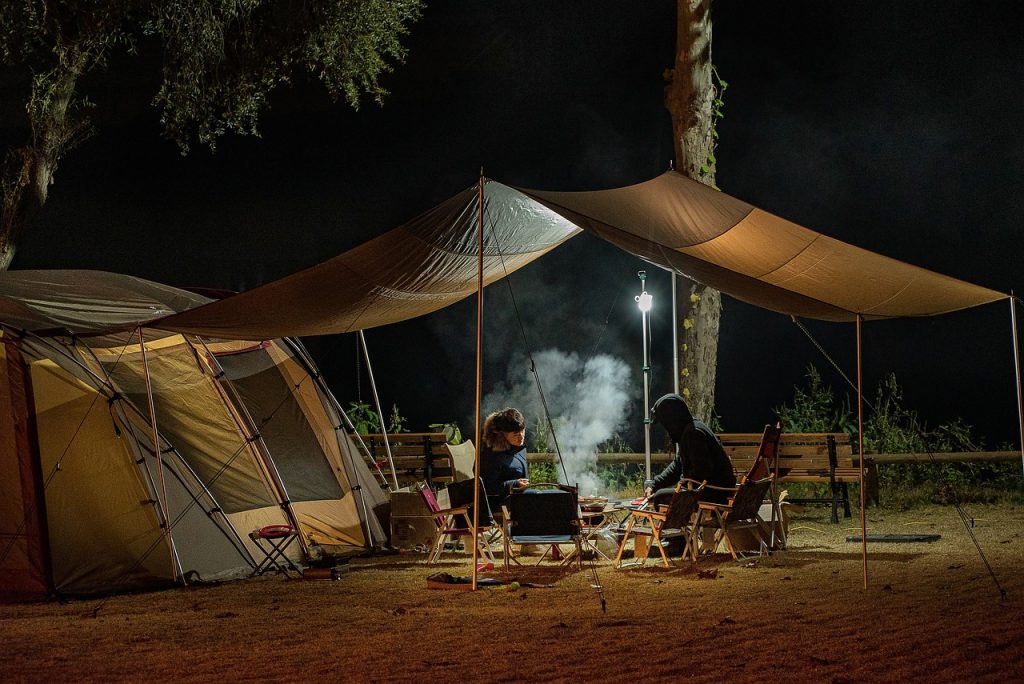
When camping solo, you are free to create your own adventure, unhindered by others’ preferences or schedules. You can sleep when you want, hike where you want, and set up camp in a spot that appeals to you without needing to consult or compromise with others.
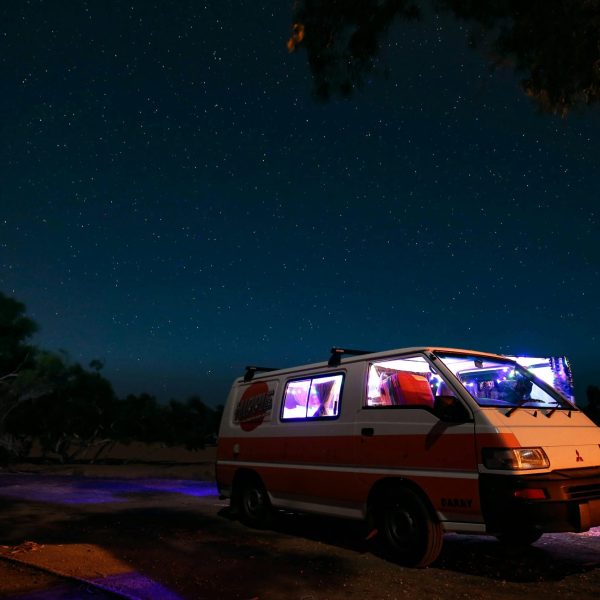
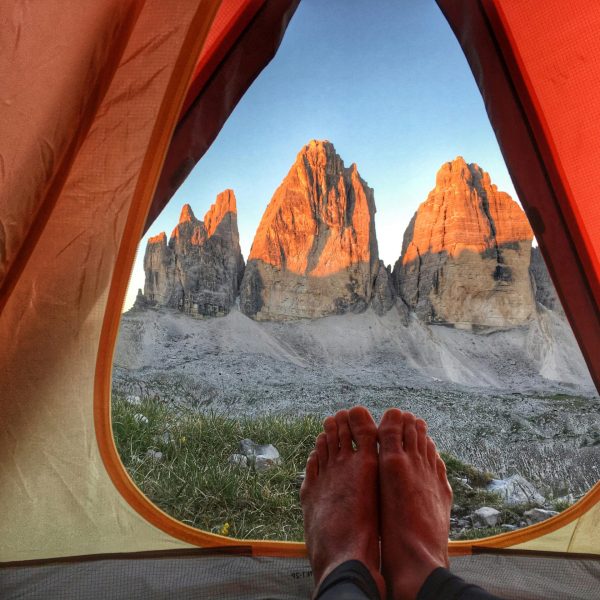
Solo camping requires not only physical preparation but also mental readiness. Spending extended time alone in a natural environment can evoke feelings of loneliness, vulnerability, or fear.
Practicing mindfulness can transform your solo camping experience. Focus on your surroundings, the sounds of the forest, and the feel of the ground beneath you.
